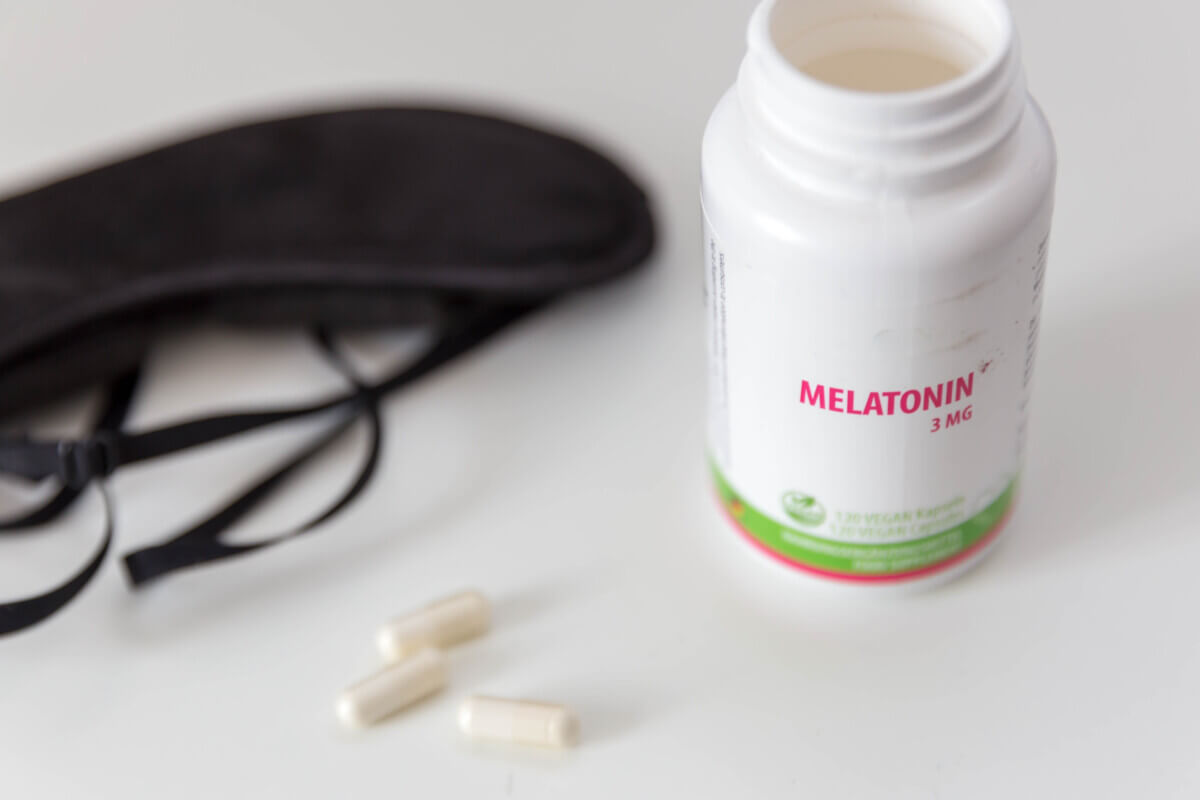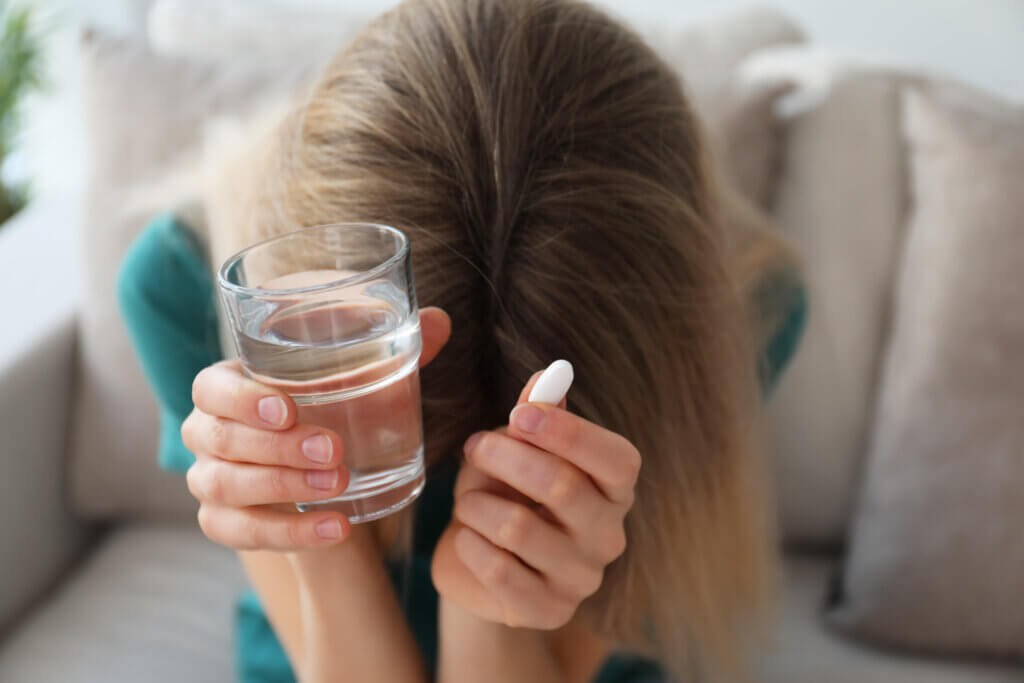
"Open box with Melatonin 3 mg white sleeping capsules, next to black sleep mask, are a vegan food supplement for sleep problems & jet lags" by verchmarco is licensed under CC BY 2.0.
SOLNA, Sweden — New research out of Sweden highlighting the importance of sleep during adolescence reveals a link between melatonin use and a reduction in episodes of self-harm among young people with anxiety and depression. Scientists at the Karolinska Institute performed an observational study on medical sleep treatments among adolescents and discovered the risk of self-harm increased in the months before a melatonin prescription and decreased afterward, particularly in girls.
What is melatonin?
Melatonin is a natural hormone present in all of our bodies that helps control sleep-wake cycles. Melatonin is also the most common prescription drug for sleep issues in children and adolescents in Sweden, and usage has increased considerably in recent years. While a prescription was necessary up until 2020, melatonin supplements are now available over the counter in the country.
“Given the established link between sleep problems, depression, and self-harm, we wanted to explore whether medical sleep treatment is associated with a lower rate of intentional self-harm in young people,” says study leader Dr. Sarah Bergen, a docent at the Department of Medical Epidemiology and Biostatistics, in a university release.
Researchers identified over 25,500 children and teenagers (ages 6-18 years-old) who received a prescription for melatonin in Sweden. Among that group, over 87 percent also had at least one psychiatric disorder such as ADHD, anxiety disorders, depression, or autism spectrum disorder. Notably, incidents of self-harm were roughly five times more common among females than males.
Study authors then estimated the risks of self-harm in the same individual while both on or off melatonin. The team achieved this by comparing each child's risk in the last unmedicated month with the twelve months after melatonin treatment began. This approached allowed researchers to account for background factors that may affect associations, like genetics, sleep disorder severity, or psychiatric disorders.

Melatonin could cut suicide risk in half
Self-harm risk increased shortly before doctors prescribed melatonin, but decreased by about half in the months after starting melatonin supplements. This risk reduction was especially apparent among adolescent girls with depression and/or anxiety disorders.
“There is currently a youth mental health crisis, and the risk of self-harm and suicide is high,” Dr. Bergen explains. “Our findings support the hypothesis that sleep interventions may reduce self-harm in this population, especially in girls.”
Due to the observational nature of this research, study authors were not able to establish a causal relationship between melatonin and reduced self-harm rates. Study authors did, however, perform further analyses to determine if the use of other medications may have influenced the findings. The notes that after excluding antidepressant users, the results were similar.
“This suggests that melatonin might be responsible for the reduced self-harm rates, but we cannot rule out that the use of other psychiatric medications or psychotherapy may have influenced the findings,” concludes Dr. Marica Leone, first author of the study and former PhD student in Dr. Bergen’s research group.
The study is published in the Journal of Child Psychology and Psychiatry.










